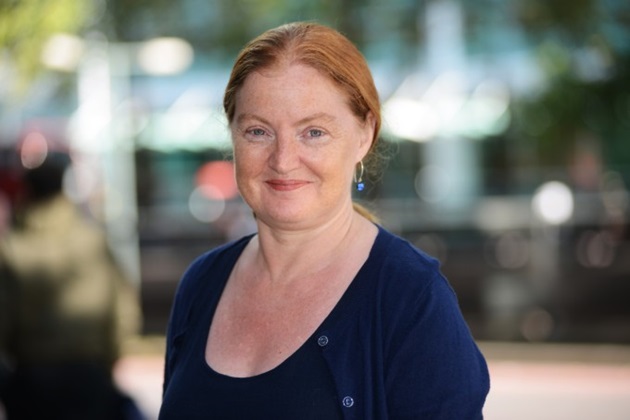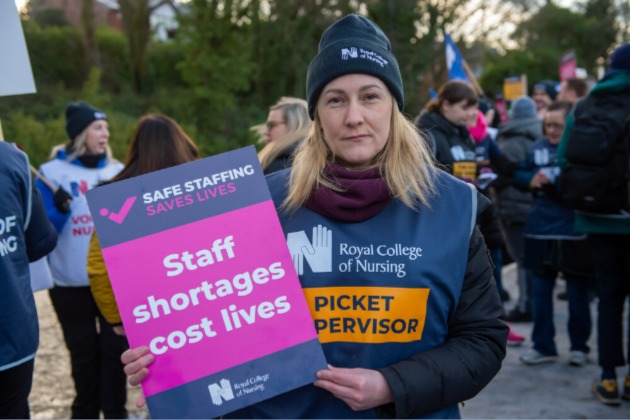A small number of nurses have been finding ways to serve the health needs of the UK’s growing homeless population. Sam Dorney-Smith explains how they’re making care more inclusive
In early 2018, Sam set out to define the role and potential of nurses working in homeless hospital discharge roles. She drew on her own experience of leading a community homeless health team in London, and setting up a homeless hospital discharge team within the Kings Health Partners hospitals. The project saw her travel the country to meet nurses in similar roles at work.
“It’s a really important job,” says Sam (pictured below). “What I found in the hospitals is that it’s not just about helping with homelessness – it’s about promoting inclusion in those health systems, and stopping patients feeling disenfranchised.”
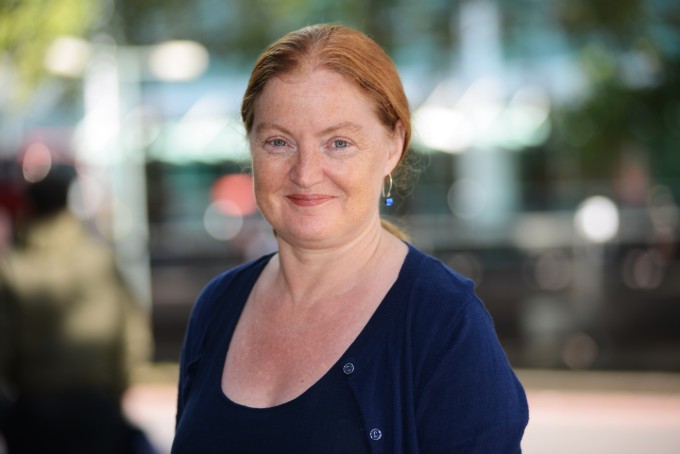
Homeless hospital discharge nurses work with people experiencing homelessness, ensuring they get the health care they need while in hospital, and helping them secure accommodation and ongoing care before they’re discharged.
Growing demand
It’s a role that’s needed now more than ever. Shelter estimates that around 320,000 people in the UK are now homeless, a rise of 8% since 2016. Meanwhile, recent research showed the number of homeless people presenting to A&E nationally has nearly trebled in the past seven years.
Despite the need, not all hospitals have specialist homeless hospital discharge nurses – around 25 were identified by Sam’s project. Some work in teams, but many are lone workers.
A large number of the teams were established in 2013 from the Homeless Hospital Discharge Fund, a one-off £10m grant from the Department of Health, which recognised the need to develop specialist services. Patients in these services reported being discharged into accommodation 71% of the time – up from 27% in a 2010 audit. However, although 52 projects were initially supported, only 17 continued receiving funding after the pilot phase.
These nurses have a massive opportunity to change the culture in hospitals
Sam’s investigation revealed that underinvestment is not the only challenge facing this area of nursing. A lack of role definition and best-practice research, negative attitudes towards homeless people, and some hospitals treating the teams as a tool to free up beds all make it harder for the nurses to do their work.
“Homeless hospital discharge nursing is not meant to be a cost-saving intervention,” Sam says. “It is about using that hospital stay as a window of opportunity. It is about quality care and sometimes getting somebody who is homeless to stay in hospital longer to get the treatment that they require, so that we can assess their needs, then discharge them appropriately and stop the revolving door.”
Looking for support
But there is hope. The recent introduction of the Homelessness Reduction Act has meant that since April 2018 hospitals must identify patients experiencing homelessness. This might encourage the creation of more nursing roles in the area, Sam says.
The government's recent announcement of £54m to help reduce homelessness is also welcome, but there’s no guarantee that any of this will go towards homeless health services.
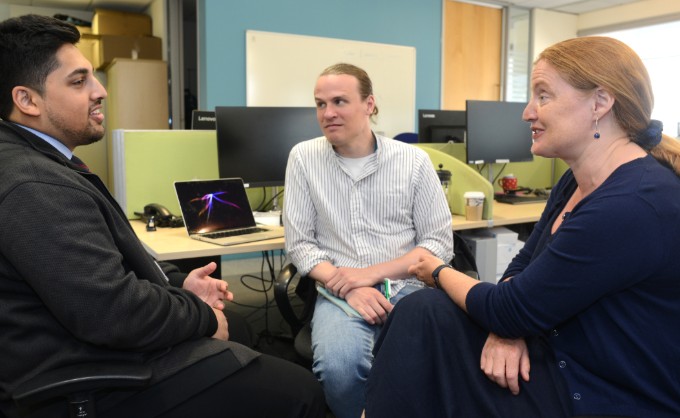
Sam’s research allowed her to make recommendations – starting with the idea that Band 7 homeless hospital discharge nurses should be recognised as clinical nurse specialists. She also concluded that a funded clinical network to help the nurses share local successes and support one another would be invaluable, as would research to develop clinical standards, and the creation of bespoke continued professional development.
“Ultimately, these nurses have a massive opportunity to change the culture in hospitals, although this is a very difficult job,” Sam says. “Ideally we need the introduction of ‘inclusion health nurse consultants’, ensuring that our most vulnerable patients get access to the holistic and integrated care they need.”
For now, Sam is looking for funding to take the project further, finding practical ways to deliver on these aims, and make sure homeless hospital discharge nurses have the support they need to help people experiencing homelessness.
Sam’s project was funded by the Burdett Trust for Nursing, with help from Pathway homeless charity, the RCN and others.
UCLH Pathway team
Florence Cumberbatch (pictured below left) is a sister in the University College London Hospitals (UCLH) Pathway Homeless Team. She and her colleagues work to identify all homeless patients being admitted to the hospital.
The team provides tailored, specialist care during their stay, supports safe and compassionate discharge, and works to engage them with community support. This involves providing input around complex physical health presentations, psychological trauma and mental health, addictions, housing and welfare entitlement, immigration and providing subsistence support.
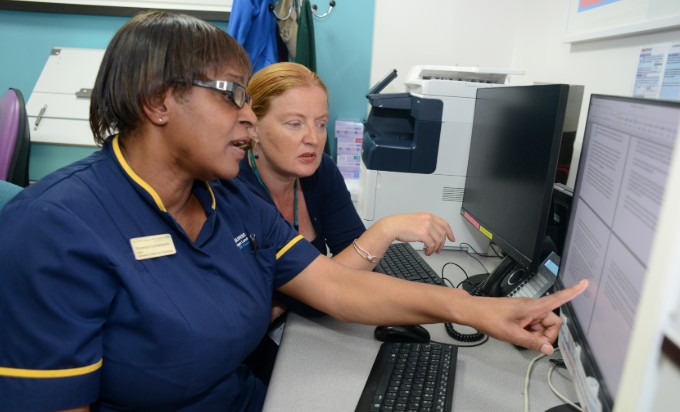
What is the RCN doing?
At our national conference in May, members voted overwhelmingly in favour of a resolution calling on RCN Council to hold the UK government to account for their inaction over the health crisis of homelessness.
We’re now consulting with members whose work involves caring for people who are homeless and liaising with relevant stakeholders to hold the government to account on this issue.


